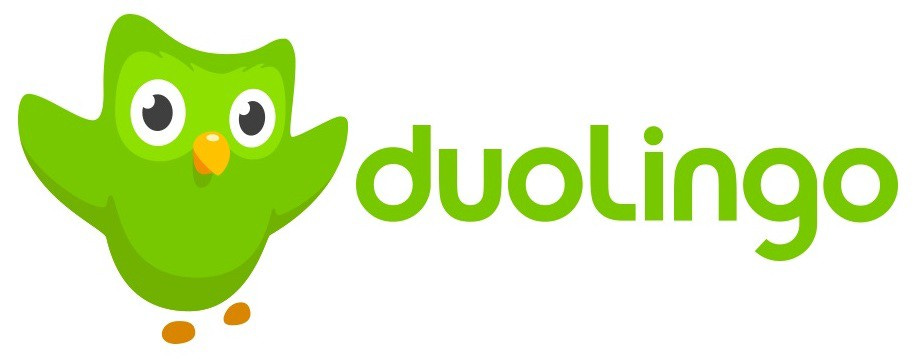Duolingo, the world’s number one language-learning app, is the most downloaded education app in the world, offering over 100 courses in 40 distinct languages. Duolingo’s mission is simple; to develop the best education in the world and make it universally available.
Tell us why you wanted to join Duolingo?
In short – Duolingo is a mission-driven company, that’s why I joined. I wanted to do something positive in the world.
Many years before I joined the company, I was a Duolingo learner. I signed up to learn Spanish and do what most people do: cram the language in two weeks before a holiday. There’s this perception that you should only learn a language if you’re going on a holiday or away with work but this shouldn’t be the case, it should be a habit.
I made this my personal mission at Duolingo. I didn’t benefit from cramming a language in a short period of time, so how do I encourage other people like me and younger generations to see value in learning long term? I could see the opportunity in broadening motivations, highlighting the reasons to learn a language and the cultural context around it. Seeding in people’s minds that language learning can aid your mental health, boost your intelligence, provide a positive distraction and be time better spent.

How has the company evolved during the pandemic?
There was a huge period of growth for Duolingo in the UK, a rise in users five times that of most other markets. It also presented a unique challenge. The start of the pandemic saw a shift in behaviour when people were looking for things to do to fill their time.
Duolingo was one of those things. What that also meant was that people weren’t motivated in the right way. Even though they were inclined to learn a language, they weren’t working towards a long-term learning goal. Duolingo should be for life, not just for Christmas. It should be little and often and then over time, you build up your skills and find them useful every day.
There are so many motivations that can inspire Brits to learn a language. Instead of swiping aimlessly through social apps, why not spare 20 minutes or less in a way that will aid us as people.
More from Interviews
- Meet Eamon and Arj, Co-Founders Of Tax Return Platform: Taxd
- Interactive Fun and Entertainment: Interview With 501 Fun
- Meet Jaron Soh, Co-founder & CEO of LGBTQIA+ Mental Wellness App: Voda
- Meet Nathalie Morrison: The Founder Behind Astrea, the Fashion-Tech Brand Putting Lab-Grown Diamonds at the Heart of Luxury
- Meet Badr Ward, CEO And Founder Of Education Platform: Lamsa
- A Conversation with Andrej Persolja, Founder of We Fix Boring
- A Chat with Kebbie Sebastian, CEO and Founder of Merge
- Meet Dr Agnès Leroy, GPU Director at Cryptography Tool: Zama
The pandemic caused a dramatic shift in the way children learn, as the classroom was replaced by virtual lessons. How did Duolingo aid in this transition?
At the start of the pandemic, we brought forward the launch of Duolingo ABC, a literacy app for 3-6-year-olds aimed at helping parents with children continue to learn and develop outside of the classroom. Duolingo is never intended to replace teachers but to supplement learning. Until everyone can have a one-to-one tutor, Duolingo is there to fill that gap. For the first few months of the pandemic, school overtook travel as the number one motivation for learning on the app, showing that we’d made a significant difference.
Our Duolingo for Schools platform also offered a helping hand, as it allows children to use Duolingo but also teachers to run classrooms and see the students progress. If we enter into another lockdown, we’re developing this platform to provide teachers with the best tools and for children to continue their education.
What can we hope to see from Duolingo in a post-pandemic world?
We’ll soon be launching the Duolingo maths app along with the Duolingo Family Plan, which allows everyone to reach their goals together. We want to encourage parents to see the opportunity in language learning, the benefits that transfer to their children and the value in learning together. Ultimately, we want to continue to show how time on Duolingo is time better spent.



